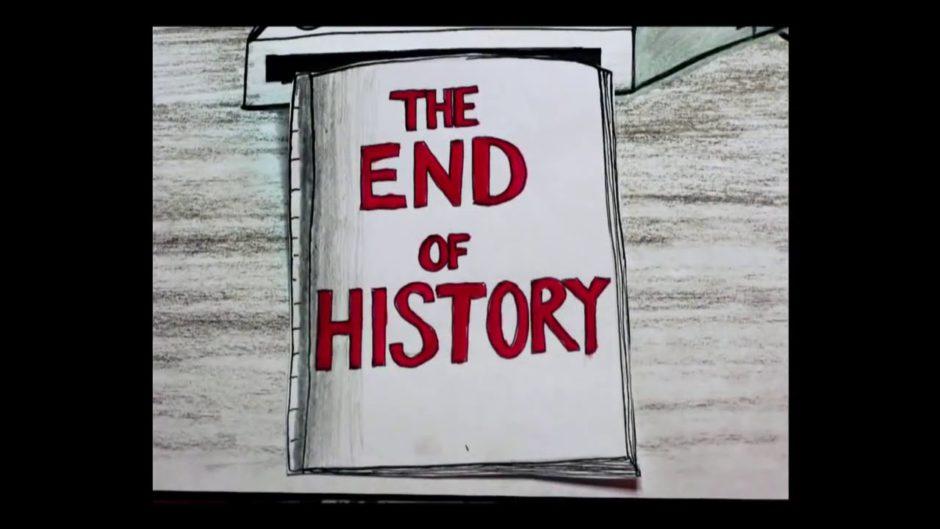
The Crisis of Civilization
“The Crisis of Civilization” highlights the overwhelming amount of scientific information pointing to human extinction by 2030.
As did the Dodo, so shall we go-go

“The Crisis of Civilization” highlights the overwhelming amount of scientific information pointing to human extinction by 2030.
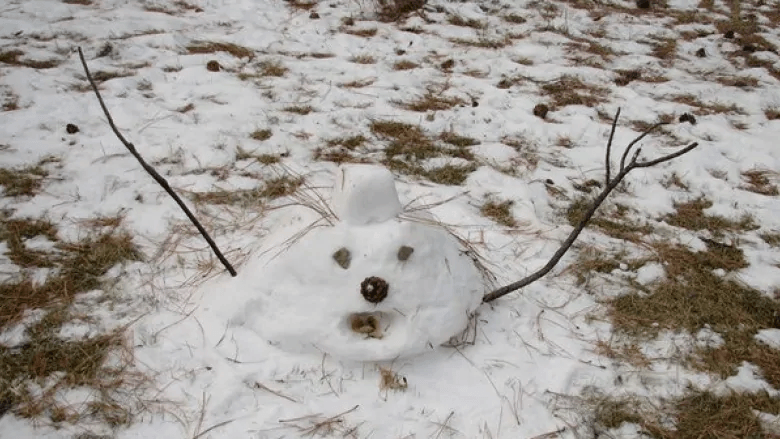
There is a lot of debate about the so-called tipping point for the Earth’s climate, where scientists say warming the atmosphere two degrees Celsius above pre-industrial levels may cause irreversible changes that could lead to global disasters. While the
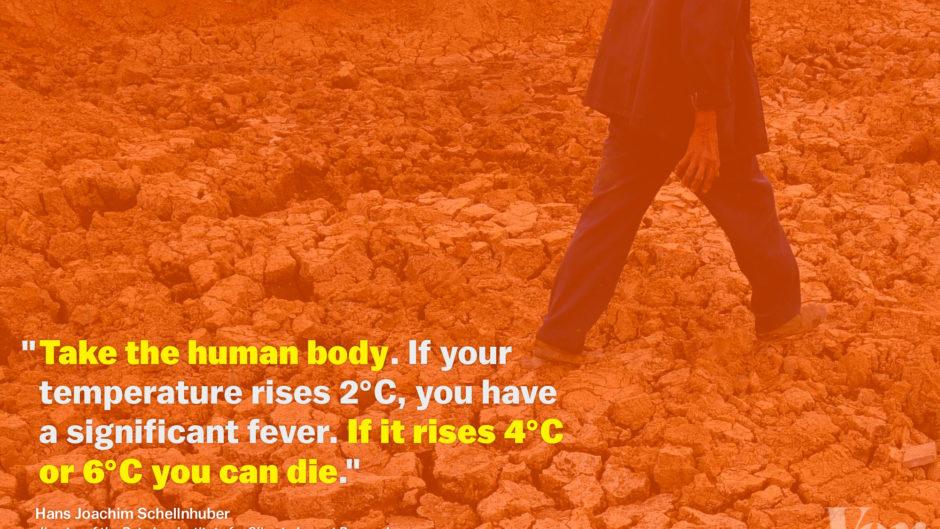
Climate scientists say they are 95 percent certain that human influence has been the dominant cause of global warming since 1950. They’re about as sure of this as they are that cigarette smoke causes cancer. Why are they so

Arctic Death Spiral and the Methane Time Bomb was uploaded to highlight the overwhelming amount of scientific information pointing to human extinction by 2030. This video is a compilation of numerous clips showing the evidence and many deniers. Among
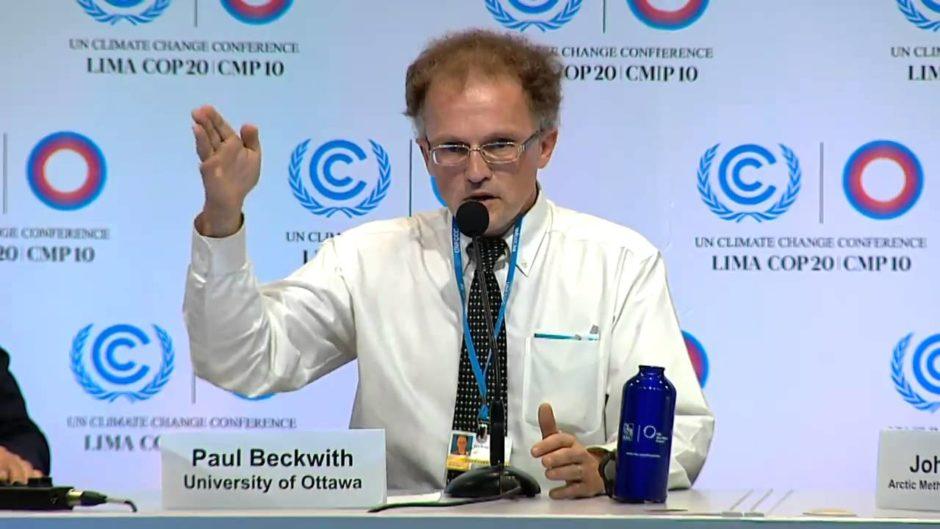
Second press briefing of the Arctic Emergency Methane Group (AMEG) held on Dec. 5, 2014 at the 20th annual Conference of the Parties (COP 20) for the United Nation’s Framework Convention on Climate Change (UNFCCC) held in Lima, Peru.
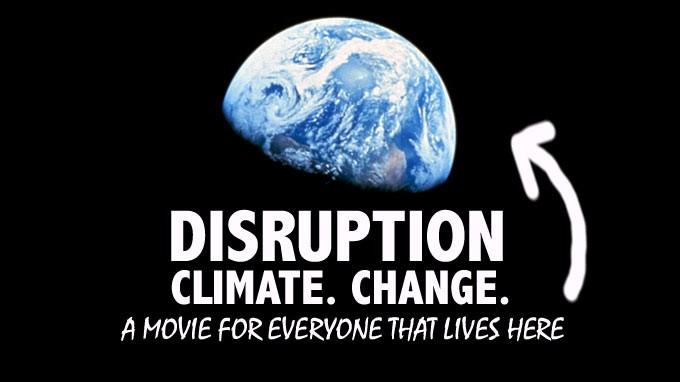
‘When it comes to climate change, why do we do so little when we know so much?’ This is the story of our unique moment in history. We are living through an age of tipping points and rapid social

A thorough and accessible study of current climate change research, featuring Canada’s foremost climate scientists as well as historians and civil rights activists to gain perspectives on the past, present, and future of our climate reality. Originally screened at

Throughout the history of evolution, five major catastrophes have shaken the earth’s surface. After them life had to reorganize from species that survived. Today 27,000 species disappear each year, an amount equal to or greater than that struck Earth
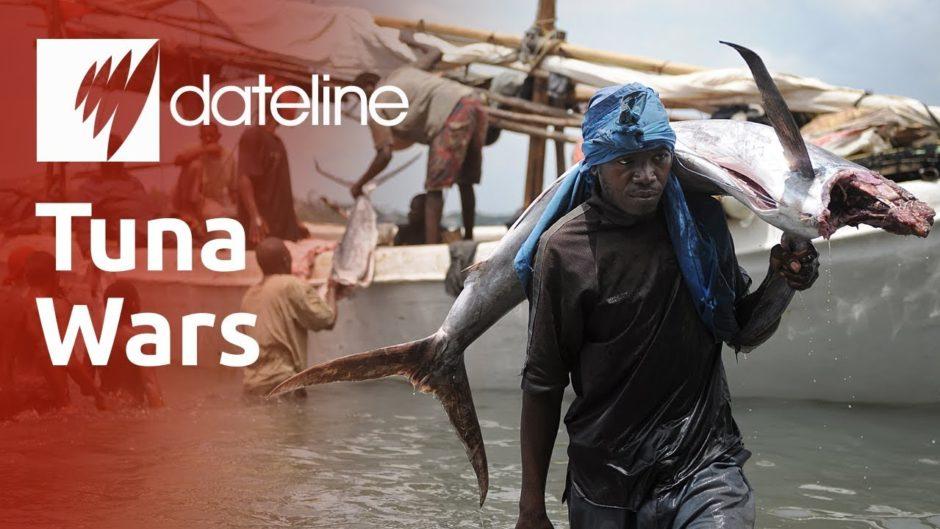
Huge ships now trawl the seas, catching fish such as tuna in bulk, and leaving little for local fishermen in their much smaller boats. David O’Shea reports from the southern Indian Ocean and boards a Greenpeace vessel to find

Lawrence Berkeley Lab climate scientists Bill Collins, Margaret Torn, Michael Wehner, and Jeff Chambers, and UC Berkeley economist Max Aufhammer explore the latest projections about the extent of planetary warming and the dire consequences of our growing carbon imbalance.

Top climate scientist James Hansen tells the story of his involvement in the science of and debate over global climate change. In doing so he outlines the overwhelming evidence that change is happening and why that makes him deeply

Acid Test was made to raise awareness about the problem of ocean acidification, which poses a fundamental challenge to life in the seas and the health of the entire planet. Like global warming, ocean acidification stems from the increase